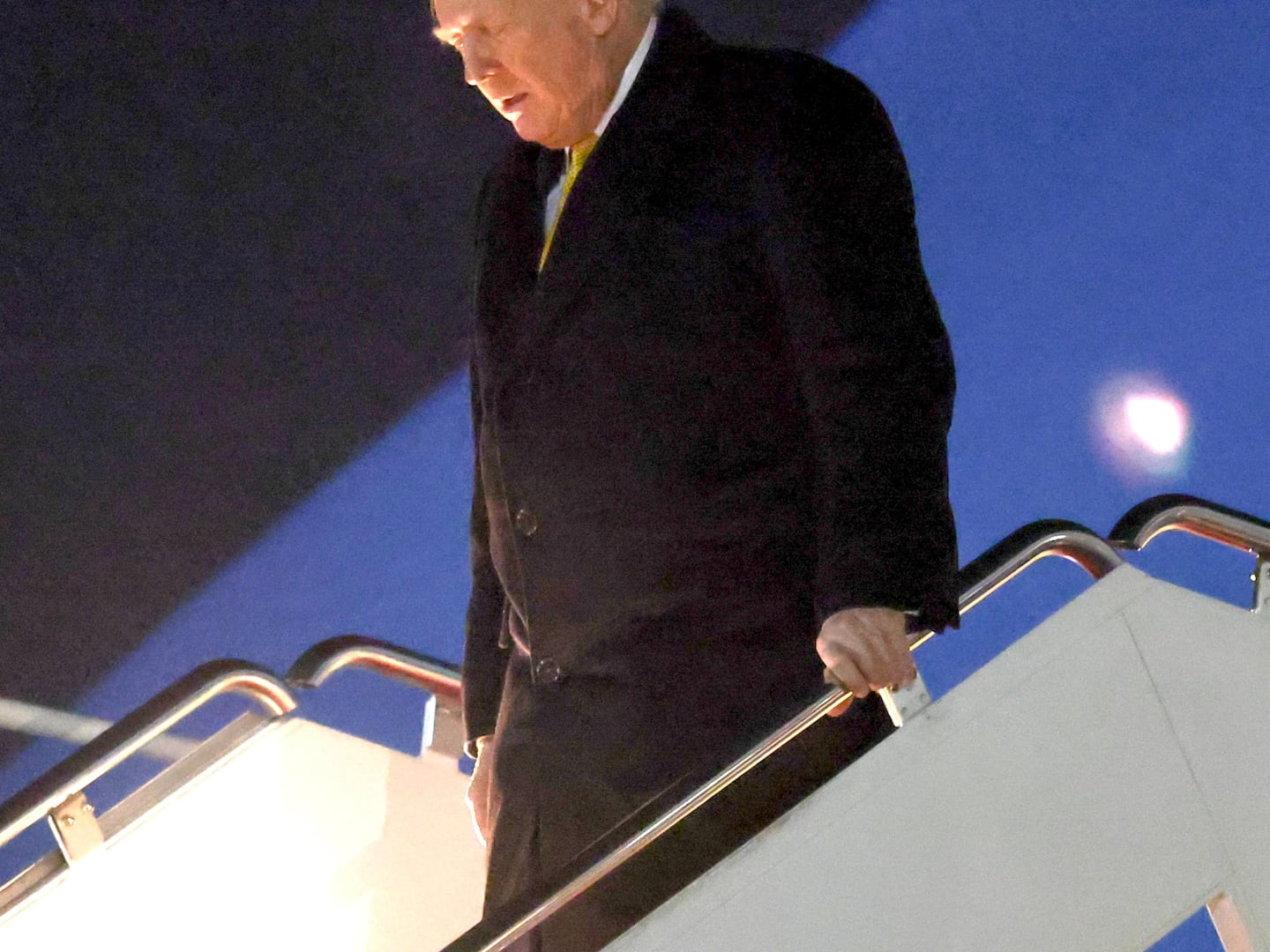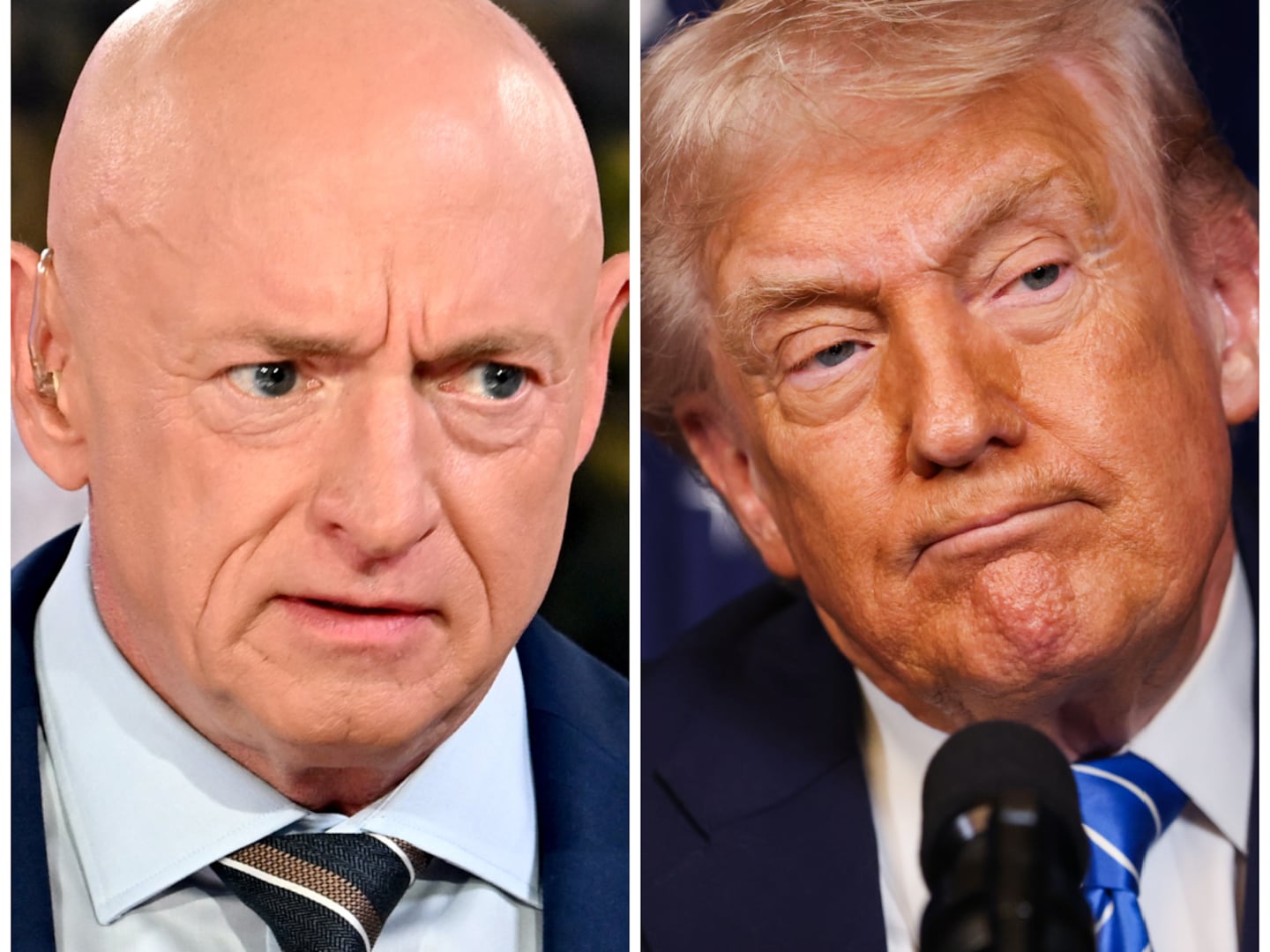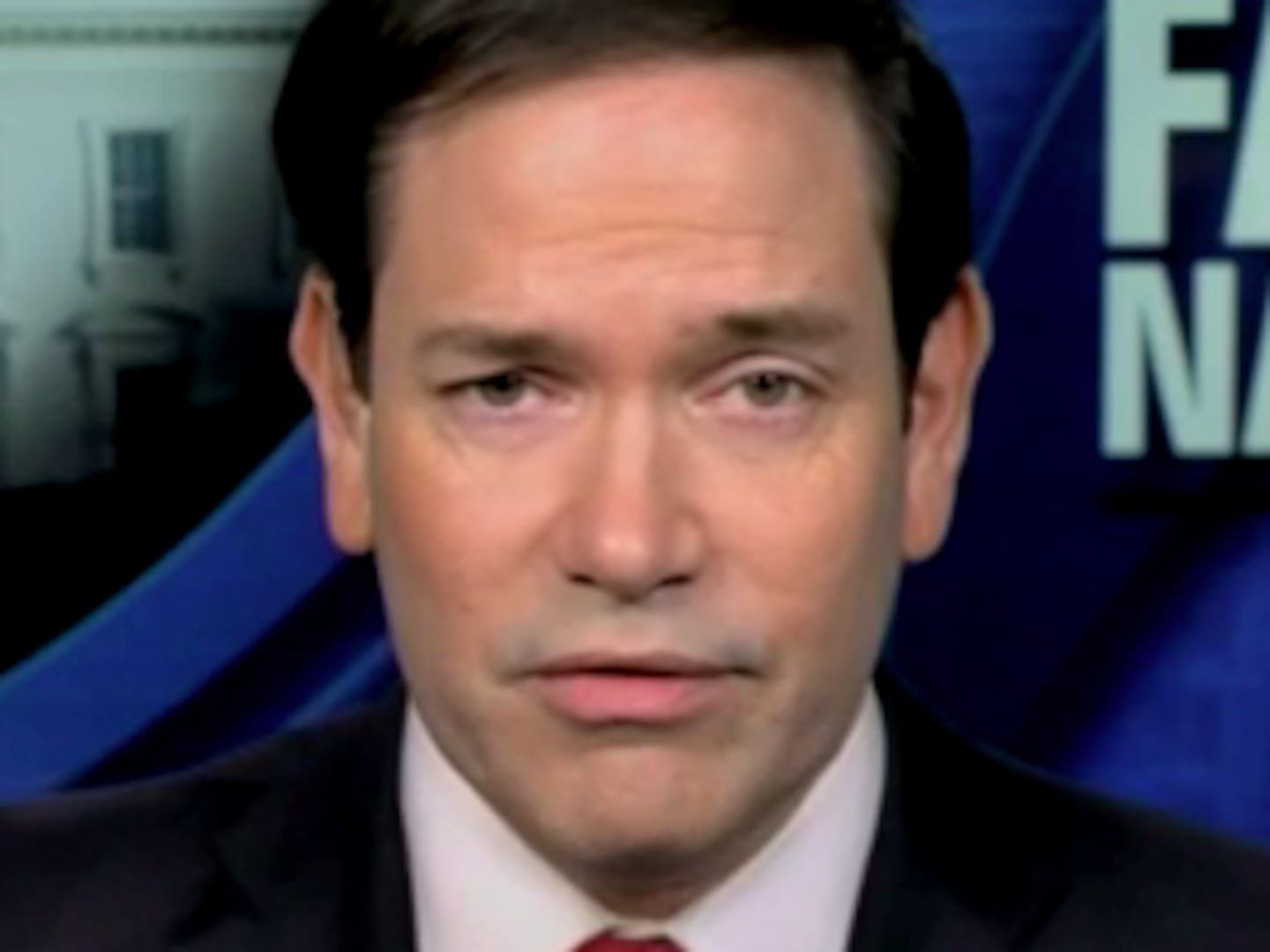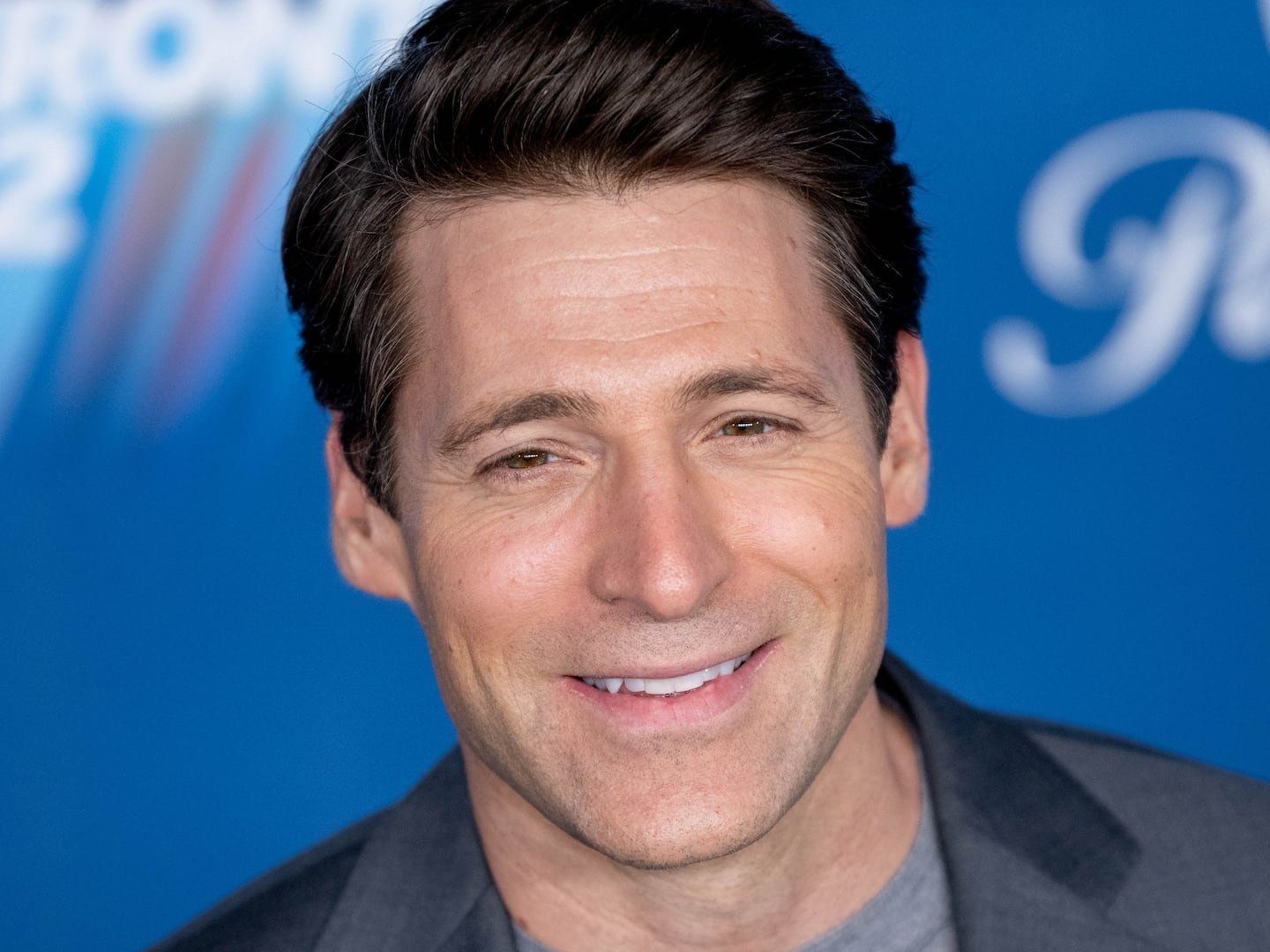Attorney General Jeff Sessions left Democrats seething on Capitol Hill, refusing to answer questions on Tuesday about his conversations with President Donald Trump and insisting he didn’t remember anything about a host of topics, nearly all of them related to Russia.
And those few questions the attorney general did answer directly—not all of them squared with the public record about the sprawling Russia probe and his recusal from that investigation.
When Sessions testified before the Senate Select Committee on Intelligence, things got tense, and fast, with senators interrogating the attorney general, almost as if he was a hostile witness in a criminal trial—and Sessions was visibly annoyed at the grilling. The hearing foreshadows growing acrimony between the Trump administration and the members of Congress trying to hold it accountable, indicating top members of the Trump administration will use legally questionable strategies to avoid answering questions from Congress.
Sessions declined to answer any questions about his conversations with Trump in the lead-up to the firing of FBI Director James Comey, insisting that the president’s executive privilege meant he didn’t have to tell senators anything about those exchanges.
But, as a host of Democrats pointed out, there’s a big catch: Trump hasn’t actually invoked his executive privilege—in other words, he hasn’t told the attorney general not to answer those questions. So Democrats say there wasn’t a clear-cut Constitutional or legal basis for Sessions to refuse to answer the senators. Still, Sessions refused.
The senators wanted to know if Trump gave Sessions any detail on why he decided to fire Comey. And Sessions wouldn’t say.
At one point, Sen. Martin Heinrich, a Democrat from New Mexico, suggested he thought the attorney general’s defiance could be a violation of the oath he took at the start of the hearing to tell “the whole truth.”
“You are obstructing a Congressional investigation,” the senator said.
Sen. Kamala Harris, a freshman Democrat from California, ripped into Sessions over why he thought he had the right to refuse to answer their questions. She pressed him on what Justice Department policy directed him to refuse to answer questions about conversations he had with the president.
“Is that policy in writing somewhere?” she asked.
“I think so,” Sessions replied.
“So did you not consult it before you came before this committee knowing we would ask you questions about that?” she said.
“Well, we talked about it,” he said. “The policy is based——”
“Did you ask that it be shown to you?” she interjected.
“The policy is based upon the principle that the president——”
“Sir, I’m not asking about the principle,” she said. “I am asking when you knew that you would be asked these questions and you would rely on that policy, did you not ask your staff to show you the policy that would be the basis for refusing to answer the majority of the questions that have been asked of you?”
Sens. John McCain and Richard Burr interrupted Harris during the question and told her to let Sessions answer the question. Sessions replied that he talked about “the real principle that’s at stake,” but didn’t indicate he saw any specific policy written down.
A DOJ official defended Sessions’ view of executive privilege, pointing to a 1982 memo that President Ronald Reagan sent to the heads of federal agencies. That memo says agency heads can ask Congress to hold off on requesting information that could potentially be privileged, and that “the request itself does not constitute a claim of privilege.”
Cornering Comey
During the hearing, Sessions took some thinly veiled shots at Comey’s credibility. He said the fired FBI director misinformed the committee last week about a conversation the two men had after one of Comey’s meetings with Trump, and said Comey’s claim that Sessions was silent when he asked for protection from Trump was inaccurate. Sessions also countered another of Comey’s key assertions: that he wasn’t given direction on the nature of Sessions’ recusal from the Russian investigation. In his testimony, Sessions referred to an email his chief of staff, Jody Hunt, sent to Comey and other top Justice Department officials about the recusal.
“You should instruct members of your staffs not to brief the Attorney General (or other officials in the Office of the Attorney General) about, or otherwise involve the Attorney General (or other officials in the Office of the Attorney General) in, any such matters described above,” the email read.
The existence of that email undermines Comey’s testimony, when he said he didn’t know of any instructions senior Justice Department officials gave the FBI about how to handle Sessions’ recusal.
Donald Trump Jr. noted the email on Twitter, which suggests Comey’s critics will point to it as evidence that other assertions he made in his testimony may be doubtful as well.
‘I Basically Recused Myself’
If Sessions made news in his testimony—aside from what he didn’t say and his murky basis for refusing to say it—it came in his assertion that he never knew anything about the FBI’s Russia investigation, as he took himself out of the loop on it from the beginning of his Justice Department tenure.
“I basically recused myself the first day I got into the office,” Sessions testified, “because I never accessed any files, I never learned the names of investigators, I never met with them, I never asked for any documentation. The documentation, what little I received, was mostly already in the media, and was presented by the senior ethics-public-responsibility official in the department. And I made an honest and proper decision to recuse myself.”
But Sessions didn’t formally recuse himself on February 10, as his timeline would have it. He recused himself on March 2, the day after the Washington Post revealed he had at least twice met with Russian ambassador Sergey Kislyak, something he withheld from his Senate confirmation hearing.
And in his March 2 statement announcing his recusal, Sessions said nothing about having already functionally recused himself. Instead, the attorney general said he had been advised by staff on a recusal “during the course of the last several weeks,” a process that “concluded…today.”
“In fact,” Sessions said in a news conference that day, “on Monday of this week, we set a meeting with an eye to a final decision on this question. And on Monday, we set that meeting today. So this was a day that we planned to have a final discussion about handling this.”
That would be a weird meeting if Sessions had already “basically recused” myself the previous month.
Sessions portrayed his recusal as being about following departmental regulations. But Comey testified that, as early as February 14, there were non-public “facts” concerning Sessions that made the then-director consider Sessions’ recusal a foregone conclusion. Yet if the basis for such a belief were departmental regulations, there is no reason Comey would allude to “facts that I can’t discuss in an open setting.” Sessions angrily dismissed Comey’s vague allusion as innuendo.
But a possible to clue to what Comey meant came from Sen. Harris. She asked if Sessions had any contact with Russian officials that “have not been disclosed, to the public or this committee.”
Sessions replied: “I don’t recall it. But I have to tell you, I cannot testify to what was said as we were standing at the Republican convention before the podium as I spoke.”
“Did you have any communication with any Russian businessmen or any Russian nationals?” she asked.
“I don’t believe I had any conversation with Russian businessmen or Russian nationals, although a lot of people were at the convention. It’s conceivable that someone could have talked to me,” Sessions replied.
The timeline Sessions outlined also has implications for the attorney general beyond the Russia question itself. Whether he recused himself formally on March 2, or “basically” on February 8, he recommended firing Comey, the leader of the probe, on May 8. That struck several committee Democrats and outside observers as, on its face, violating his recusal. How can you fire the man running the Russia probe if you’re recused from it?
The timeline also raises questions about the attorney general potentially aiding the president in obstructing the inquiry, as Trump would later tell Lester Holt that the Russia probe was the reason he fired Comey.
“It did not violate my recusal,” Sessions insisted to Senator Ron Wyden. “The letter that I signed represented my views that I had formulated for some time.”
Wyden, an Oregon Democrat, said Sessions’ answer “doesn’t pass the smell test.”
In his letter recommending what he characterized as a “fresh start at the FBI,” Sessions referred to Comey’s handling of the Hillary Clinton email probe. Yet when Comey dropped his election-eve bombshell seeming to reopen that case, Sessions was full of praise.
“He had an absolute duty, in my opinion, 11 days or not, to come forward with the new information that he has and let the American people know that, too,” Sessions told the Fox Business Network last October.
Dream Team
On Thursday, Sessions presented his involvement in Trump’s campaign as shambolic. Though he chaired the foreign policy committee, Sessions testified that “we never functioned, frankly, as a coherent team.” That may allow Sessions to distance himself, as Trump has, from both any decision to remove a GOP platform plank about arming Ukraine against Russian forces, and members of the campaign itself—such as Carter Page, the foreign policy adviser who met with Russian spies and in July 2016 lambasted U.S. foreign policy in a Moscow speech.
Sessions said he had no knowledge of a host of campaign officials possibly meeting with Russians, including Page; campaign chiefs Corey Lewandowski and Paul Manafort; RNC chair turned White House chief of staff Reince Priebus; his own aide turned White House domestic policy chief Stephen Miller; and fired national security adviser Michael Flynn. One person he wasn’t asked about, who was reportedly in substantial contact with Kislyak: Jared Kushner.
And oddly enough, though the attorney general said in his opening statement that the Russian efforts to interfere in the 2016 election were intolerable and that he encouraged “every effort to get to the bottom of any such allegations,” he also said he hadn’t ever gotten a classified briefing on the interference. Questioned by Maine independent Sen. Angus King, the attorney general said the intelligence community seemed unanimous that the Russians tried to change the election outcome.
“But I have to tell you, Sen. King, I know nothing but what I’ve read in the paper,” he said.








